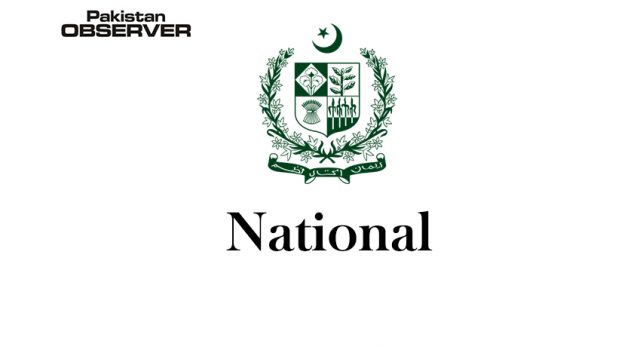Dr. Zamir Awan
PAKISTAN is rapidly becoming a digital-first country, embracing innovation within information and communications technology (ICT) and laying the foundations of becoming a more prosperous and intelligent society. Technology is powering smarter, more competitive industries, which in turn enables robust and sustainable socio-economic growth throughout the country. The next step to ensure that digitalization not only continues, but is elevated to deliver more value, is to invest in the development of a new generation of ICT experts who can continue Pakistan’s digital journey for many years to come.
Digital Pakistan Vision, launched in 2019, aims to use the transformative abilities of technology to improve the country’s digital infrastructure, enhance connectivity, promote innovation, and encourage technology entrepreneurship. It also considers increasing investment in digital skills as a pillar of Pakistan’s digitalized future, which will contribute towards the holistic growth of the ICT ecosystem. Just as it takes a workforce with the right skillset to build a house, building a digitally-driven, intelligent nation requires talented people to be trained in emerging disciplines that will enable them to contribute towards Pakistan’s future.
Today developing the ICT ecosystem is absolutely key to realizing the ambitions of the Digital Pakistan Vision. All industries will thrive as a result of innovative technologies, as our society will become more seamlessly connected and new efficiencies will abound. Increased digitalization will also create more jobs, especially within the ICT sector – which brings us back to the need for a skilled workforce.
The National University of Science and Technology recognizes the importance of providing a curriculum that meets Pakistan’s present and future requirements. In partnership with organizations like Huawei, the university is offering advanced training that enables students to develop their skills in cutting-edge fields such as 5G and artificial intelligence. It also provides them with the knowledge and confidence to express their creativity and use their skills to pioneer new applications for society.
Furthermore, partnerships such as the one between NUST and Huawei give students the best of both worlds: exposure to the latest global best practices and a world-class education. This helps them to bridge the gap between classroom theory and real-world practical skills.
This is the way forward for Pakistan to achieve its digitalized future. Collaboration between academic institutions, private enterprises, and the public sector will lay the foundation for Digital Pakistan Vision to become a reality more quickly. There is no better time than the present to empower young people with the education they need to become not just ICT experts, but visionaries who wield innovation as our most valuable tool.
—The writer is working in National University of Sciences and Technology (NUST).









